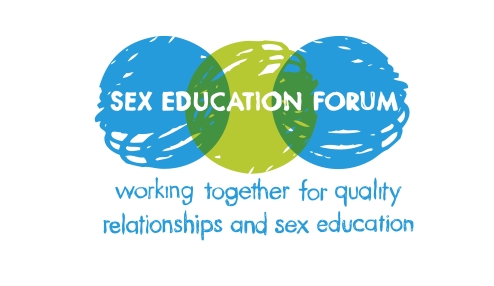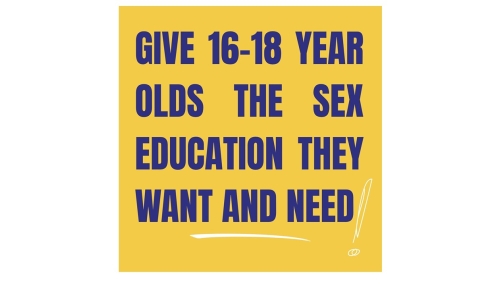Julia Bailey is a sexual health doctor and senior researcher at UCL. Her team developed the Contraception Choices website in partnership with young women. This guest blog is published to coincide with Sexual Health Week 2020.
First (heterosexual) sex is not going very well for our young people: the majority of teenagers who have sex before 16 are not ‘sexually competent’ (in terms of using contraception and mutually agreeing to sex at a time that feels right) (1). Nine out of ten pregnancies in young women aged 16–19 are unplanned or ambivalent, and this is linked with first sex under 16 (2). Young people may have little access to accurate, timely and supportive information about gender, sex and sexuality (3). Teachers play a vital role in addressing young people’s hunger for accurate information which is relevant to their lives and which can address their many unvoiced concerns.
Young people who received their sex education mainly from school are more likely to be sexually competent at first sex, and less likely to experience unplanned pregnancy. Access to contraception is vital for control over fertility, but contraception choice and use is more complicated than it first appears:
- There are about 12 different contraception methods, with a variety of pros and cons
- Some methods are hard to use - the pill is difficult to remember, condoms require confidence and skill..
- There are some very off-putting myths and misunderstandings
- Side effects concern people
- Information on social media is popular, but can be misleading
- Friends’, partners’ and parents’ views are very influential but can sometimes be unhelpful
- It can be difficult getting advice from a clinic (e.g. waiting for a return phone call, attending without others knowing…)
- Young women may need to keep contraception methods secret
What do young people need to know?
(Hyperlinked to sections of the Contraception Choices website)
- The benefits and draw-backs of different contraception methods
- Some methods are much more effective than others
- Contraception is fully reversible and does not cause future infertility
- Fertility, periods and irregular bleeding
- The body does not need a break from contraception
- Hormonal methods are very safe for the vast majority of users
- How to choose a suitable contraception method
- What will happen during an appointment (from Bish.uk)
Summary
Informed contraception choice is complicated – there is a lot to know and to weigh up. Online resources can offer accurate, engaging, tailored information. Multi-media materials can be a good way to start conversations in class as well as with friends, parents and carers
Dr Julia Bailey
Associate Professor, UCL
September 2020
References
(1) Palmer MJ, Clarke L, Ploubidis GB, et al. Prevalence and correlates of 'sexual competence' at first heterosexual intercourse among young people in Britain. BMJ Sexual and Reproductive Health (2019) (In press) 2019
(2) Wellings K, Jones K, Mercer CH, et al. The prevalence of unplanned pregnancy and associated factors in Britain: findings from the third National Survey of Sexual Attitudes and Lifestyles (Natsal-3). Lancet 2013;383(9907):1807-16.
(3) Terrence-Higgins-Trust. LGBT-inclusive Sex and Relationships Education in the UK. England, 2016.




Share